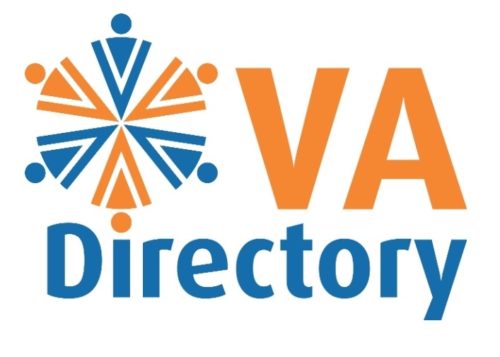At this time of year (Christmas/New Year) scams will be on the rise and so will phishing emails with promises of all sorts of things through bogus promotions.
One of the VAs from my team posted a warning about a phishing email supposedly from her bank the other day. A day prior a client forwarded to me an email she got from Paypal (supposedly) but I was soon able to detect that it was not a genuine email.
Here are some ideas to get you looking.
1. Usually not personally addressed. Banks rarely email us but Paypal and other similar groups do and it’s usually addressed to Dear and whatever your user name is. It’s NEVER addressed to ‘Dear member’, ‘Dear user’ or similar.
2. Check the address it comes from. Often it’s a variation on the real address but not accurate. e.g. I’ve seen [email protected] used.
3. Hold your mouse over the hyperlink of the supposed bank web address and you’ll see the reference is very different although if you clicked on it, it might look like the normal website. (I recommend you definitely DON’T click on it though)
4. Check the spelling – it’s usually full of errors and written by those who don’t have a good grasp of the English language.

Brochures Printing Online says
Thanks for sharing this! At this time of the year, we all need to be extra cautious to avoid online scams. Will definitely share this with friends.
Beverly Mahone says
You know its funny that you post about this because recently I got an email supposedly from you–inviting me to click on some link. Because of the style it was written in, i knew it wasn’t from you. I have a rule of thumb…if I don’t recognize the name or the email doesn’t fit the character of the person I know, I don’t open it period. Great reminder post!
Kathie Thomas says
Gee, did you? I didn’t know that. I hate that spammers and scammers use other people’s names to hide behind.